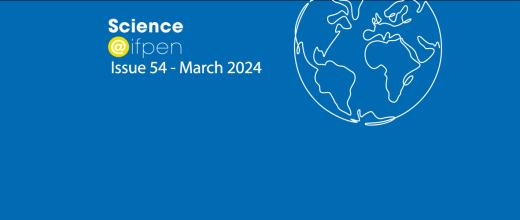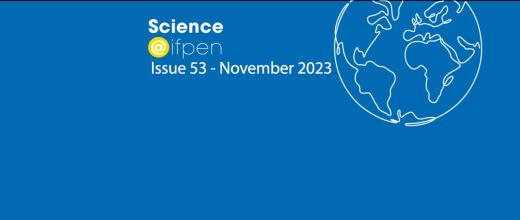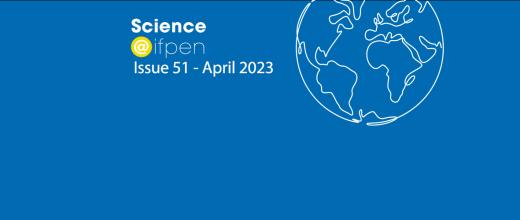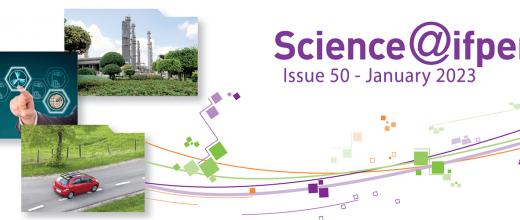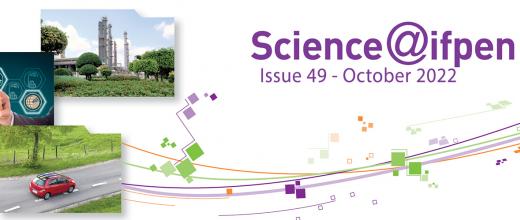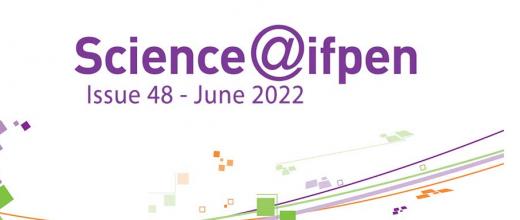Data from NIRS are processed mathematically, via chemometric approaches, generally using a Partial Least Squares (PLS)-type model. This linear methodology is aimed at establishing a statistical relationship, represented by the maximum covariance, between an explanatory variable X and a response variable y. It has been successfully used at IFPEN to predict the properties of oil products and, in recent years, it has mirrored the evolution of new energy technologies (NET)...
